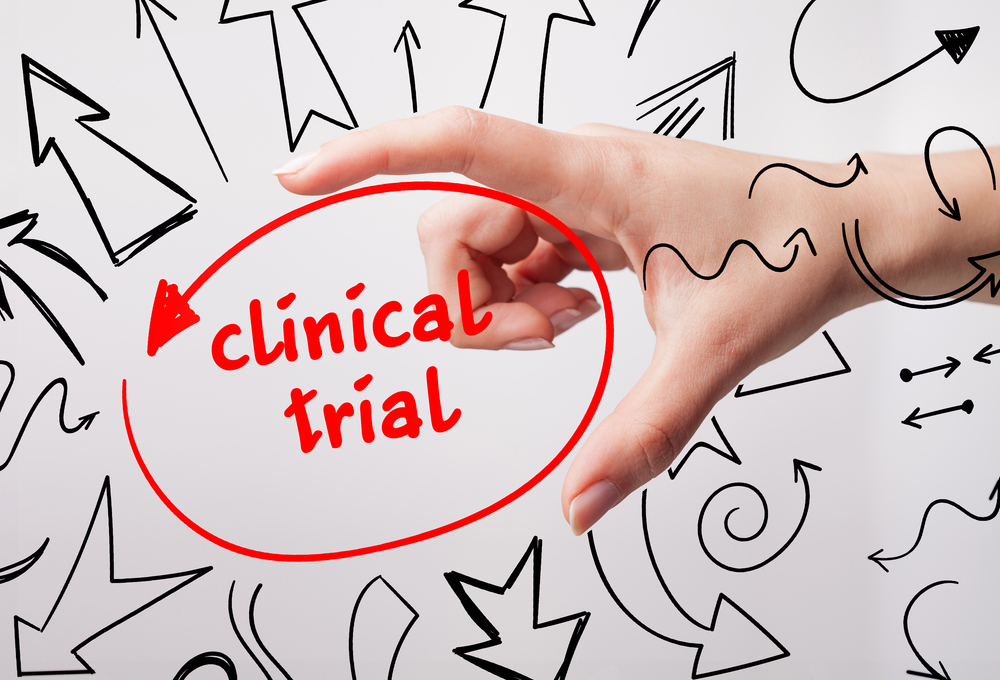Benlysta Use Found to Be Safe and Effective Over 7 Years in Phase 3 Extension Study
Written by |

Long-term use of Benlysta (belimumab), an approved therapy, is both safe and effective, reducing disease activity in most systemic lupus erythematosus patients, according to a study that followed patients in the U.S. for seven years.
The multicenter extension study involved patients who had completed 72 weeks of treatment in the BLISS-76 Phase 3 trial (NCT00410384), to further test its safety and effectiveness when used in combination with standard of care. After seven years of treatment, data shows that most patients had no new organs affected by the disease.
The study, “Long-term safety and efficacy of belimumab in patients with systemic lupus erythematosus: a continuation of the Phase 3 United States BLISS -76 trial,” was published in the journal Arthritis & Rheumatology.
Systemic lupus erythematosus (SLE) is a chronic autoimmune disorder that affects a number of organs. But long-term organ damage is not only caused by the disease course; drug toxicity can also be a contributing factor.
While corticosteroids and immunosuppressants, both common SLE treatments, have demonstrated clinical benefits, there are concerns about their long-term safety.
Benlysta is an antibody used to treat adults with active, autoantibody-positive SLE who are receiving standard of care treatment.
Two open-label extension studies (BEL112233 and BEL112234) were designed to examine Benlysta use over the long-term in patients in previous BLISS studies. BEL112233 (NCT00724867) was conducted on patients in the U.S., while BEL112234 (NCT00712933) was for those outside the U.S.
Interim analysis from both studies, made after five years of treatment, showed low rates of organ damage in patients with moderate-to-severe SLE and sustained safety.
Researchers now presented the clinical results of the complete BLISS-76 extension study, BEL112233 (NCT00724867), on U.S. patients.
Previously treated patients continued to receive the same Benlysta dose plus standard of care given in the original trial (1 or 10 mg/kg), while those on placebo were administered 10 mg/kg of Benlysta, all by intravenous infusion every 28 days. The primary goals were safety as measure by adverse events and laboratory tests, and effectiveness determined by detected by measures that included organ damage over the study’s seven years.
Among 268 eligible participants, 140 completed the extension study. The overall incidence of treatment-related and serious adverse events either remained stable or declined throughout its years.
The SLE Responder Index (SRI), a composite measure, measured efficacy via signs of therapy response. At study year one, 41. 9 percent of patients achieved an SRI response; at study year seven, 75.6 percent had.
The findings were consistent with those from a prior Phase 2 extension study (NCT00583362), in which 65 percent of patients achieved an SRI response by year seven.
In addition, 78 percent of patients had a reduction of four points or more in the SELENA–SLEDAI score, a measure of disease activity. And, using British Isles Lupus Assessment Group 1A/2B organ domain scores, which is an organ-specific assessment, researchers found that 98.4 percent of patients had no new organ involvement, and only 20.6 percent experienced one or more severe SLE flares.
Patients reduced their prednisone dose by a mean of 31.4 percent. This is important as one of the major goals of SLE therapy is to reduce corticosteroid exposure over time.
“These long-term exposure results confirm the previously observed safety and efficacy profiles of belimumab in patients with SLE,” the researchers concluded.
“Belimumab was well tolerated, and patients benefited from an overall decrease in disease activity. Moreover, prednisone usage declined, and accrual of organ damage was low,” they concluded.
Benlysta was first approved by the U.S. Food and Drug Administration in 2011; a self-injectable formulation was approved in 2017.




